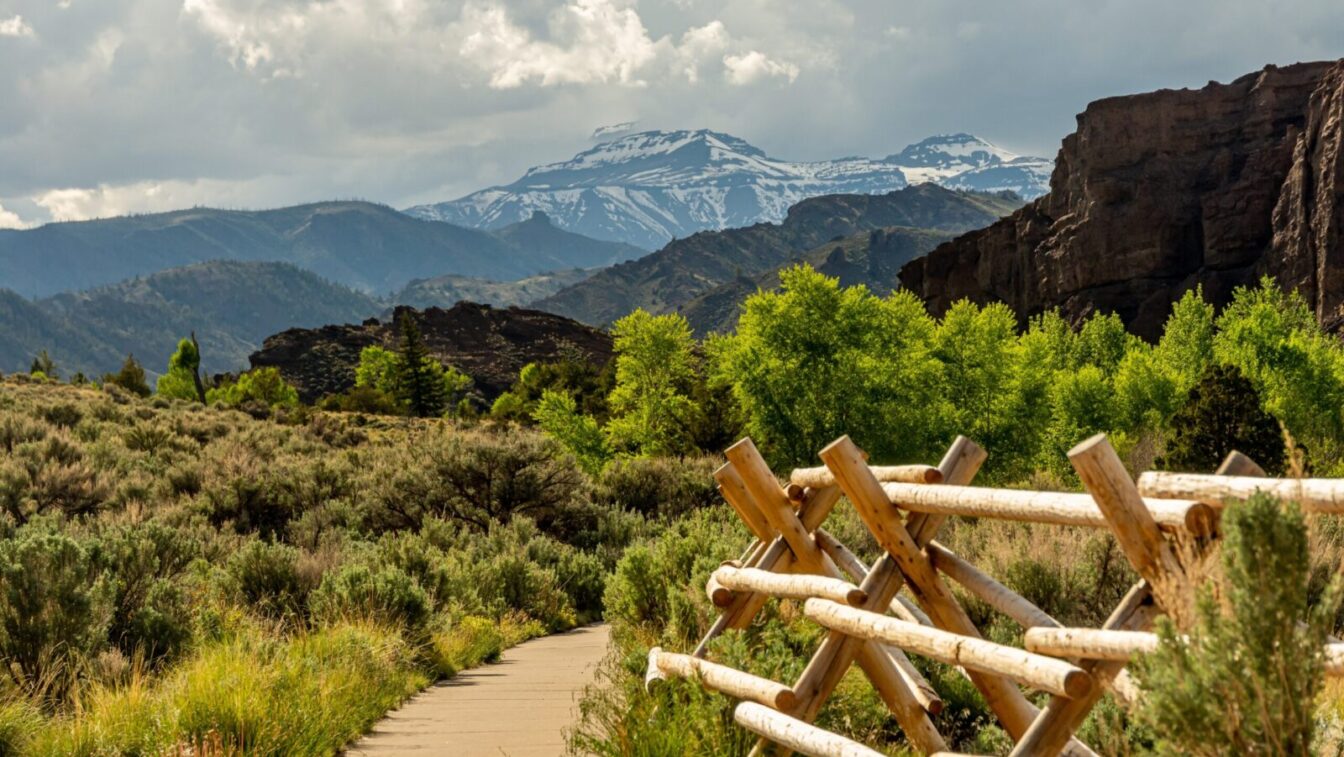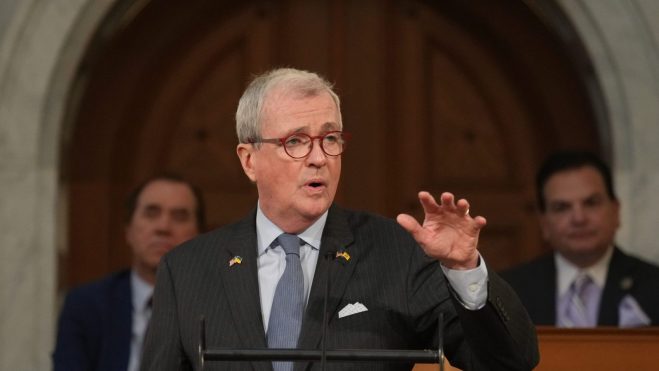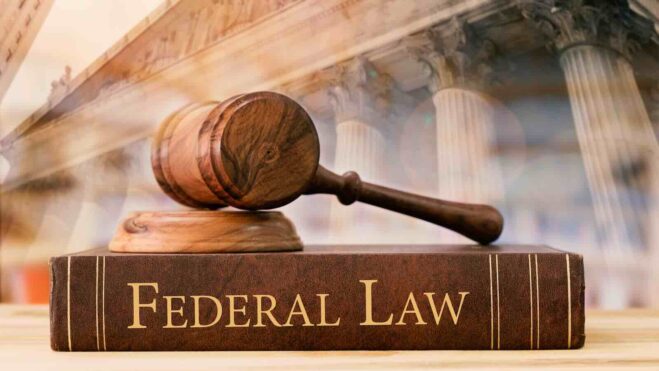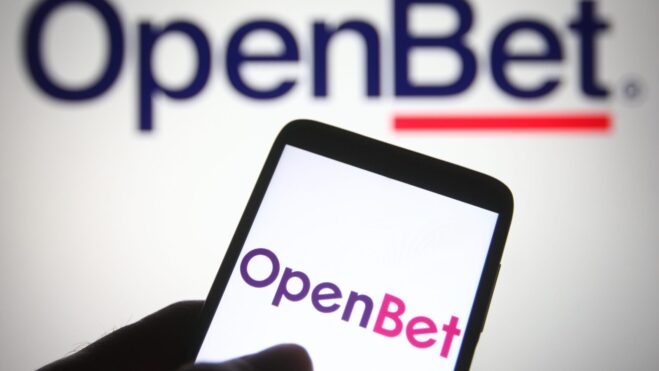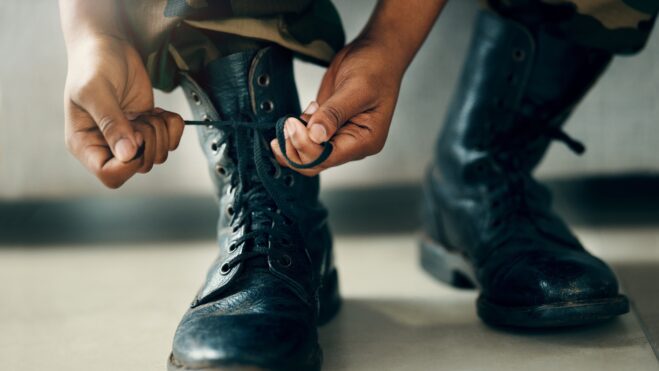Maine Legislature Considering Directing More Slot Money To Tribes
Recent online casino bill didn’t get far, but this revenue redistribution effort is progressing
2 min

A bill that would provide a more equitable distribution of slot machine revenue to Maine’s Wabanaki Nations is working its way through the state legislature.
According to the Maine Morning Star, Legislative Document No. 1851, sponsored by Rep. Marc Malon and co-sponsored by Sen. Rachel Talbot Ross, aims to increase the total net slot machine income collected and distributed by Hollywood Casino in Bangor from 39% to 46%, with the additional 7% earmarked for the tribal governments of the Houlton Band of Maliseet Indians and the Mi’kmaq Nation.
“It is a matter of fairness and brings us a small step closer toward a more just relationship with the sovereign Indigenous nations whose land we live on,” Malon told the Veterans and Legal Affairs Committee during testimony on Wednesday, as reported by the Morning Star.
The legislation addresses longstanding inequities in gaming revenue distribution. The Morning Star reports that the bill would bring Hollywood Casino’s contribution rate in line with that of Oxford Casino, while providing dedicated revenue streams to two tribes that currently don’t receive slot machine income.
“One of the primary purposes of this bill is parity,” Zeke Crofton-Macdonald, Tribal ambassador for the Houlton Band of Maliseet Indians, testified before the committee, according to the paper.
Chief Clarissa Sabattis of the Houlton Band of Maliseet Indians told the Morning Star that the bill doesn’t affect the current arrangement between Oxford Casino and the other two Wabanaki tribes — the Passamaquoddy Tribe and Penobscot Nation. “We don’t want to take from the other tribes,” Sabattis said, regarding why the bill targets different revenue.
The Morning Star notes that Oxford Casino currently pays 4% of its slot revenue to the Passamaquoddy Tribe and Penobscot Nation, an arrangement that Penobscot Chief Kirk Francis described as “helpful for economic development.”
Opposition from Hollywood
The proposed legislation faces opposition from Hollywood Casino. Chris Jackson, representing the casino, argued during testimony that the change would be financially harmful because it would alter the casino’s tax rate.
“As long as our effective tax rate stays the same,” Jackson said, “we are open to suggestions.”
This slot revenue bill is one of multiple gaming proposals affecting the Wabanaki Nations currently being considered by Maine lawmakers. The paper reports that last month, the majority of the same legislative committee voted in favor of a more ambitious bill, LD 1164, which would give the Wabanaki Nations exclusive rights to operate internet gaming in Maine.
However, tribal leaders expressed to the Morning Star that there isn’t much interest from the governor for that change, and opposition from privately owned casinos could hamper its chances. Steve Silver, chair of the Maine Gambling Control Board, argued that if the online gaming bill passes, Oxford Casino should no longer be required to pay slot revenue to the tribes.
The paper reports that the gaming legislation is particularly significant because the 1980 Maine Indian Claims Settlement Act has prevented the Wabanaki Nations from benefiting from the federal Indian Gaming Regulatory Act of 1988, which typically gives federally recognized tribes exclusive rights to regulate gaming on their lands.
Wabanaki leaders say these restrictions have hindered their economic development. The Morning Star cites a 2022 Harvard Kennedy School report indicating that the Wabanaki Nations have experienced lower economic growth compared to other federally recognized tribes and the average Mainer, likely as a result of the Settlement Act’s limitations.
“All of our tribes have significant unmet needs and underfunded programs,” Sabattis told the committee.


